“So what?” I content that that is one of the most important questions in life, certainly in our spiritual life. Because after we have all taken time to absorb the information around us, after we have learned all that we have been taught, we have to decide what, if anything, that information and teaching mean for us as human beings. What is the impact of this information on our lives? What difference does it make to have come to know this? How will this experience change my life? So what?
I mention that because I think today’s Liturgy of the Word gives us a “So what?” moment today. As you know, these past several weeks, we have been reflecting on the “Bread of Life Discourse” as presented in chapter six of the Gospel of John. It all began five weeks ago with Saint John’s telling of the feeding of the multitudes: how thousands of people were fed with just five loaves of bread and two fish. It was a great miracle of abundance: indeed, the leftovers were even more food than they started with: twelve baskets intended to feed those who couldn’t make it to the banquet, those who hungered throughout the whole world.
Ever since that, in these last three weeks, Jesus has been unpacking the meaning of that miracle for the crowd. They wanted more food, but he wanted to feed them in much more important ways, in ways that touched the deepest hungers of their lives, in ways that could lead them to the eternal banquet of the Lord where no one would ever hunger or thirst again. He made a bold claim: “I am the living bread that came down from heaven; whoever eats this bread will live forever; and the bread that I will give is my flesh for the life of the world.” (John 6:58) And now, the crowds grapple with that information.
Some of them are offended by the notion that he, the carpenter’s son, the one they have known and whose family they have seen, could ever be anything eternal. How on earth could this common man, this one who is one of them, be the Son of God, the Bread of Life, the answer to all their eternal questions? Others are disgusted that the answer to these eternal questions involved eating his flesh and drinking his blood. How horrible that he would even suggest such a cannibalistic approach to eternal life! And in today’s passage, we see the impact of all that: some of them leave and return to their former way of life. Those who walked away weren’t just hangers-on or spectators – they were among his disciples. And then Jesus asks the Twelve – the Apostles – the question of all questions: “Do you also want to leave?” He might as well have said to them: “So what?”
And, as usual, it’s Saint Peter who expresses the faith of these twelve men: “Master, to whom shall we go? You have the words of eternal life.” For them, at least, the “So what?” moment had led them to recognize something deeper in this miracle of feeding and in the words of this uncommon common man, and that something was the possibility of an eternity, which would never be possible without Jesus. Of course, they couldn’t have known the full meaning of that statement of faith, or the cost of it, but they would certainly see it all unfold in the death and resurrection of Christ, which would solidify their faith: well, for all but one of them.
For me, the prayer of Saint Peter: “Master to whom shall we go? You have the words of eternal life” has played a particularly important role. It’s come up more than once in my journey of faith. I remember as a young adult, before I went to seminary, having a crisis in my own faith. Even though I was always going to Mass, for a time I had also been attending Willow Creek – the big megachurch up in Barrington – with my friends. The music was nice and the sermons sounded good. But along the way my pastor, Father Mike O’Keefe, of blessed memory, called me in and had a “come to Jesus” with me. It was irritating at the time, but now I couldn’t be more grateful. I remember he told me, “Patrick, I know you would never be able to go to the chapel and stand in front of the Tabernacle and say that Jesus wasn’t there.” I took a while to think about that, and one night when I went to Willow Creek they were having their monthly communion. They passed around bread and grape juice and I realized that Father Mike was right: Jesus was in the Tabernacle, not there at Willow Creek, and that I would never be able to live without the Sacraments of the Church. In retrospect, that moment was pivotal in my vocational call. Father Mike’s fatherly pastoring of me and gentle rebuke helped me to see that I couldn’t leave the Catholic Church: “Master to whom shall we go? You have the words of eternal life.”
A few years later, when I was in seminary, that prayer became important again. I started seminary in fall of 2001, and in the spring of that year, the clergy sexual abuse scandals broke open. Half of my class left seminary that year, and by the end of my time at Mundelein the 23 of us who started together dwindled to just eight of us who graduated. Plenty of times in those five years, I wondered if I should leave too. Why would I want to get involved in the priesthood at this moment in our Church’s history – this painful moment? As I prayed about it over and over, I kept getting the same answer, over and over: “Master to whom shall we go? You have the words of eternal life.”
In these days, during our nation’s Eucharistic Revival, following the Eucharistic Congress in Indianapolis this summer, we continue the revival with a view toward mission. And every one of us plays a part in that. Our mission is to reach out to those who don’t know how much Jesus loves them, or at least don’t give it a lot of thought. The ones who should be sitting next to us at Mass right now. Whether they are our loved ones, or people we come into contact with in our communities, schools, or workplaces, they need to know that Jesus desires to feed them too. And maybe the only way they will see Jesus is in you and me. We have to keep the door open in relationship with them, so that they will see in the way that we love them, that Jesus’ love for us is very real and very zealous. We need them to see our faith in such a way that the “so what?” that they ask means something like, “I’d like to have that faith too.”
Witness to the faith by your love. Live the Gospel in everything you do. Keep the door open to relationship with the people in your lives. Gently guide them to Jesus and the Church. Those are the things that people of mission do. Those are the things Eucharistic people do. The answer to “so what?” for us is very clear: So go, be people of mission. Go, love people into the Kingdom. Go, and announce the Gospel of the Lord.

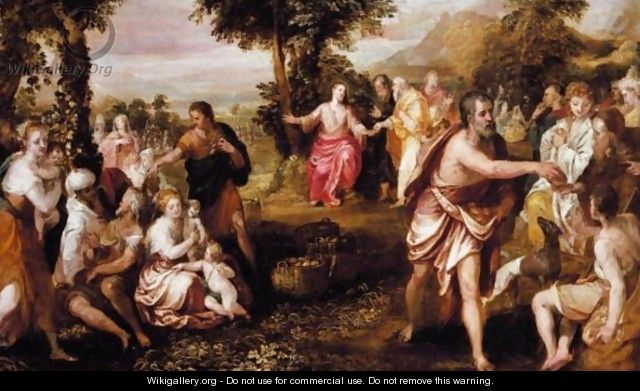

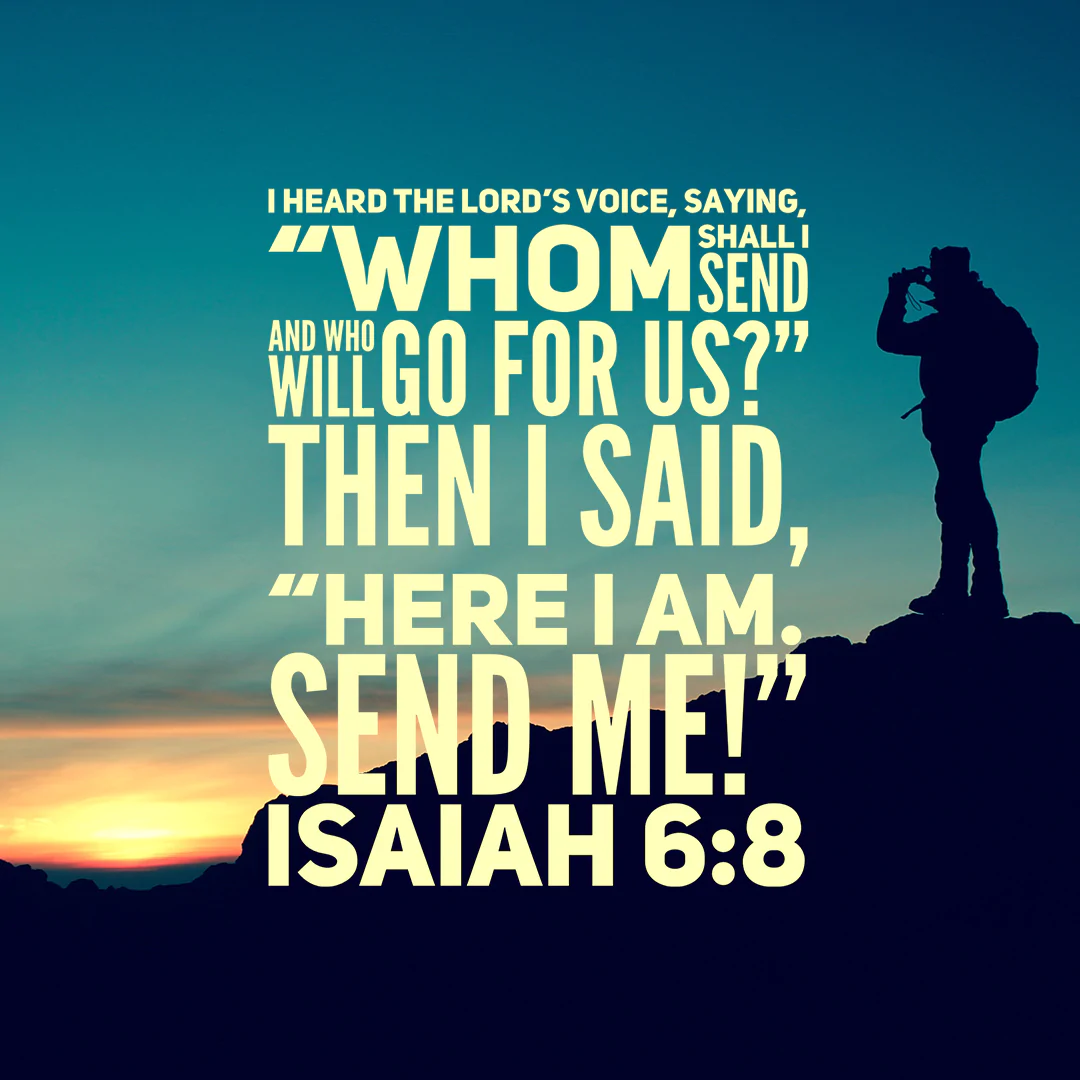
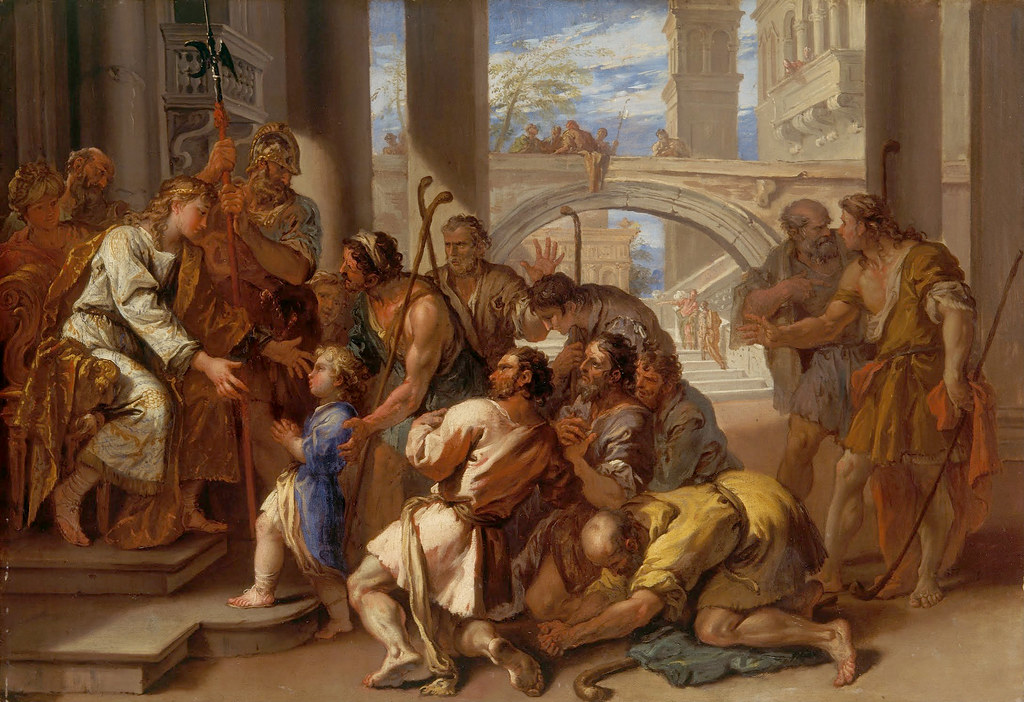
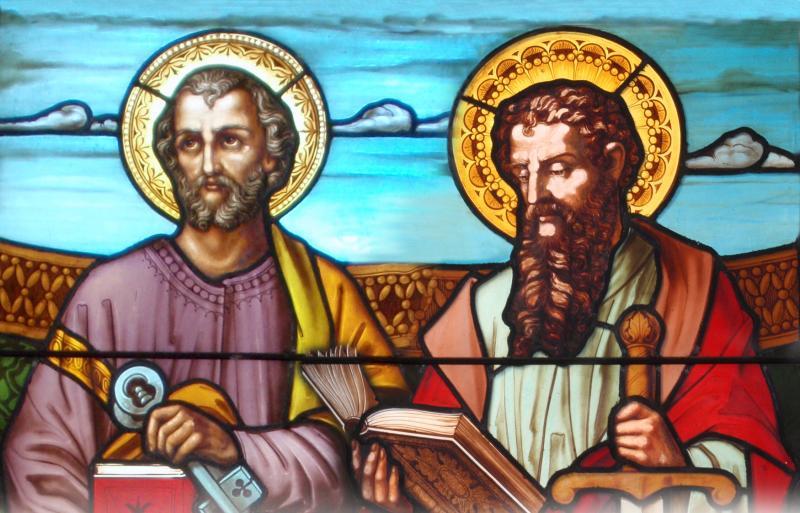
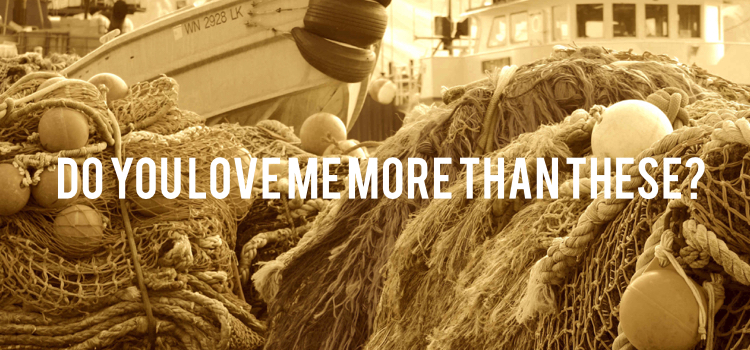
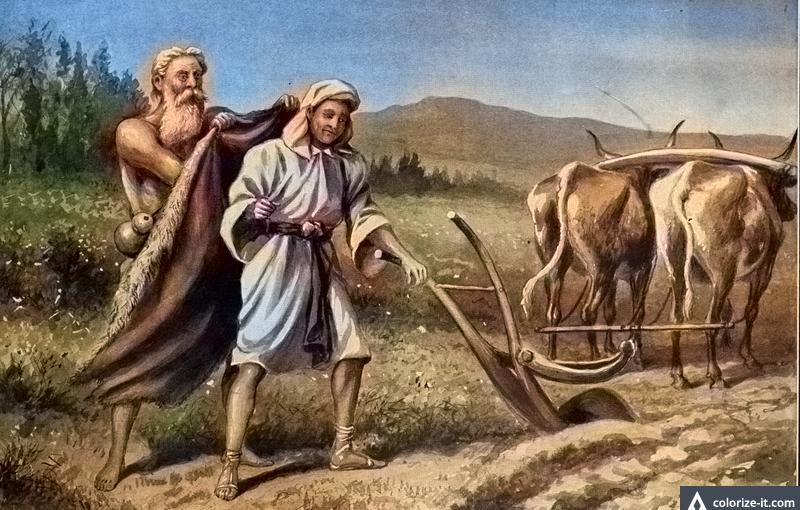
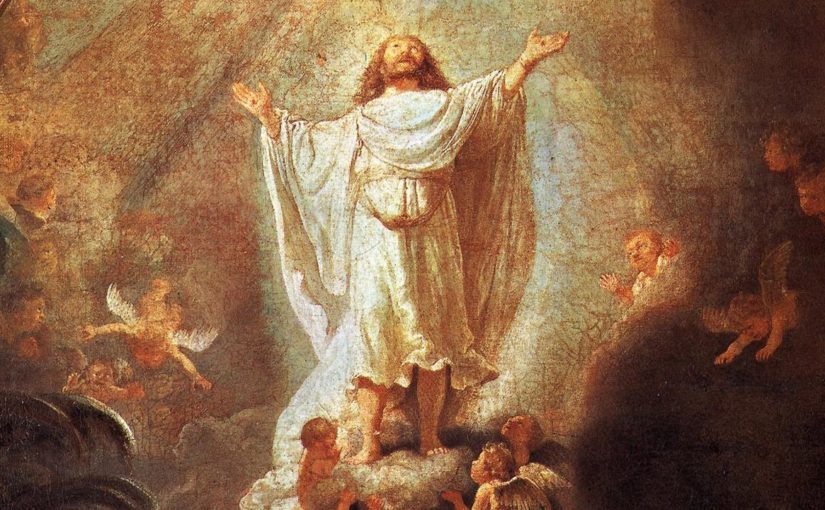
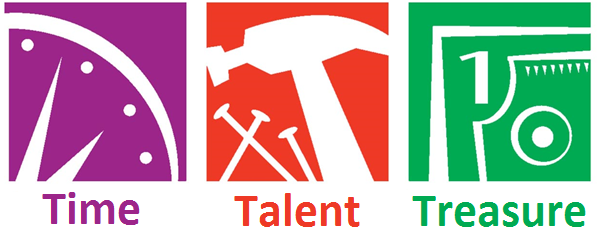
You must be logged in to post a comment.